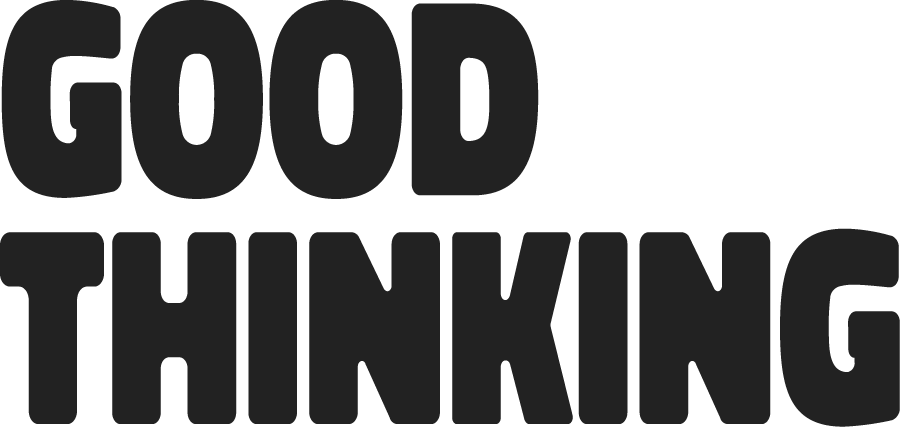Time to think. Person-centred coaching
‘Everything we do depends for its quality on the thinking we do first.’
This is the sentence that made me want to become a coach, back in 2019. There’s something about the relationship between really good thinking, and successful outcomes that has always fascinated me. And it’s how GoodThinking got its name.
Time to Think is a highly influential book written by US author Nancy Kline, but it also represents an approach to coaching that I use frequently in my sessions, and is linked to the humanistic school of psychotherapy.
Kline writes ‘we do our best thinking in the presence of a good listener’ and has spent years observing and researching exactly what makes a good listener. Many of these are ideas that sound simple, but are hard to put into practice, and rarely found in the workplace. For example, ‘attention: listening with respect, interest and fascination’. And Ease: offering freedom from rush or urgency’. When was the last time someone listened to you like that?
Perhaps the most critical element of her work is ‘incisive questions: removing assumptions that limit ideas’. We’re familiar with the idea of a coach asking us questions, but incisive questions are those that cut straight to the heart of the matter. They’re the ones that ask us to consider what assumptions we’re making about ourselves, our situation, or the world. The questions that help us recognise what is holding us back, and what life might look like if we replaced those assumptions with something more freeing. This idea is at the heart of her listening model, and is closely related to the humanistic approach to psychotherapy.
Pioneered by Carl Rogers, humanistic psychology is centered on an individual’s choice and agency, and their ability to make healthy conscious choices given the right circumstances. He believed people have a ‘self-righting reflex’ and an ‘actualising tendency’ which is a motivational drive leading to growth, development and autonomy.
These ‘right’ circumstances include a strong relationship between therapist and client, authenticity on the part of the therapist, unconditional positive regard towards the client (lack of judgement), and empathy. All of these conditions will also be felt in a coaching relationship.
For me, the humanistic model feels very comfortable. I strongly believe in the extraordinary potential of the average human, and my job is to create the environment in which they can reach that potential. So the work of Nancy Kline and Carl Rogers has featured strongly in my training and study, and while I do supplement these with different techniques and approaches when necessary, they form the basis of my coaching style.
I will provide you with time to think, so you can do your very best thinking.
Photo by Jacqueline Munguía on Unsplash

